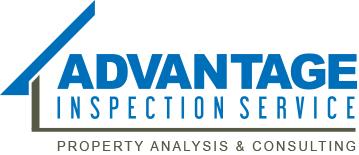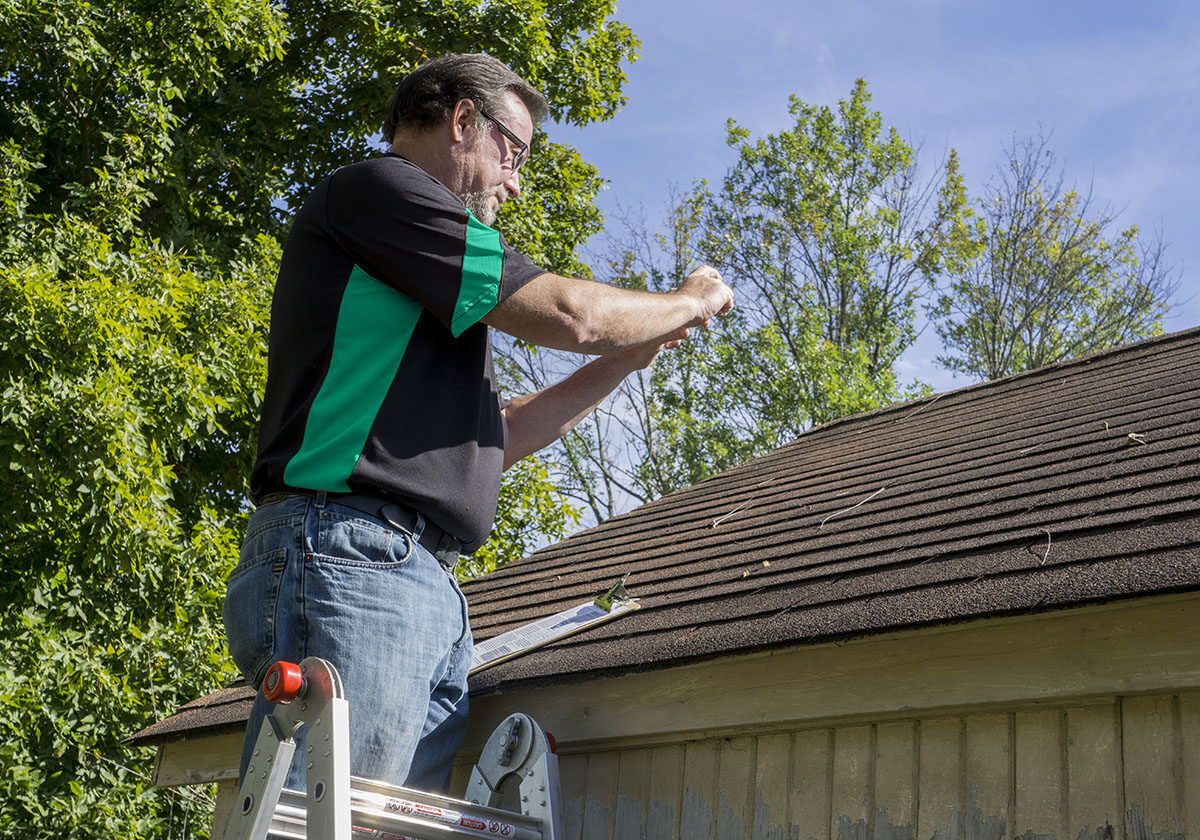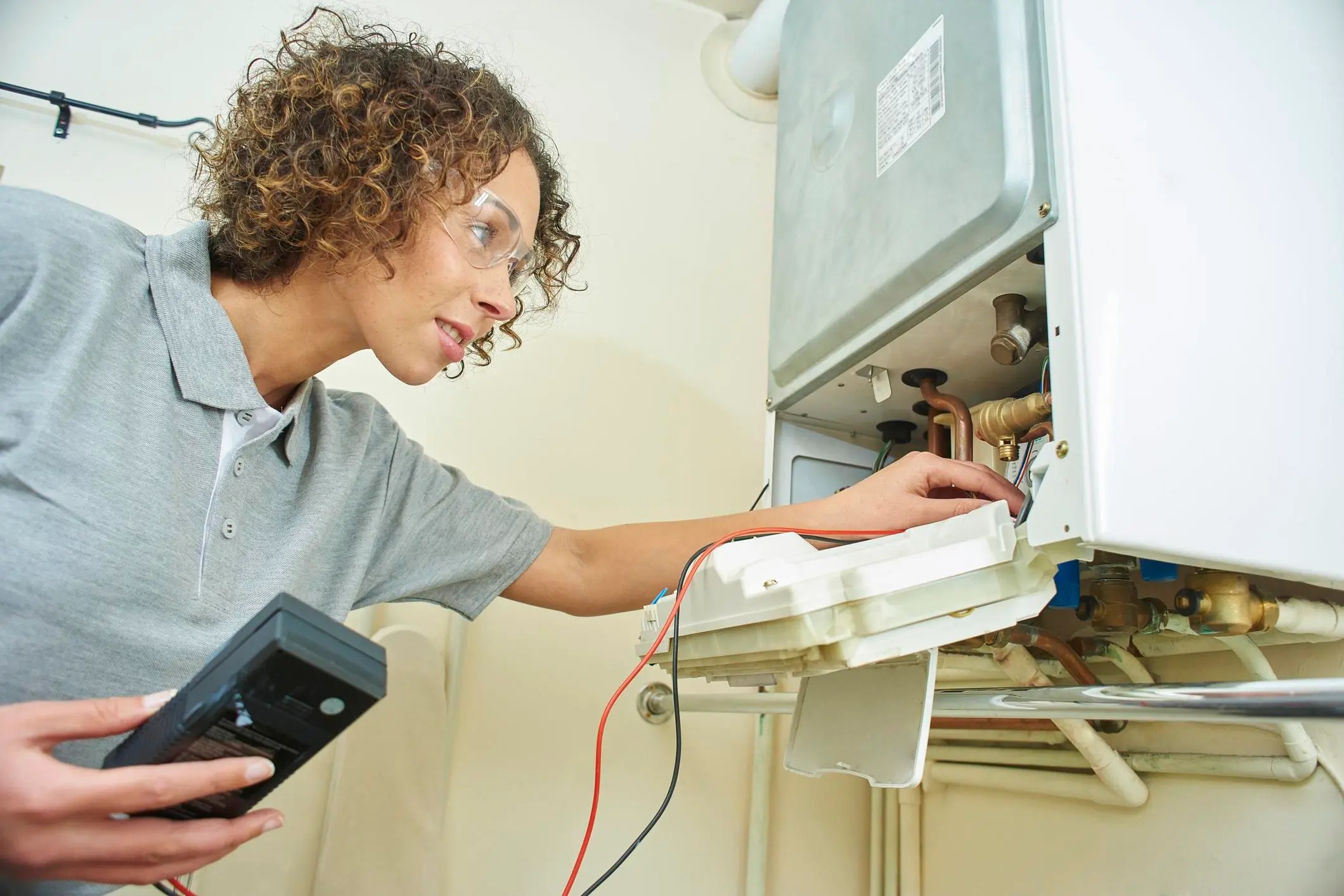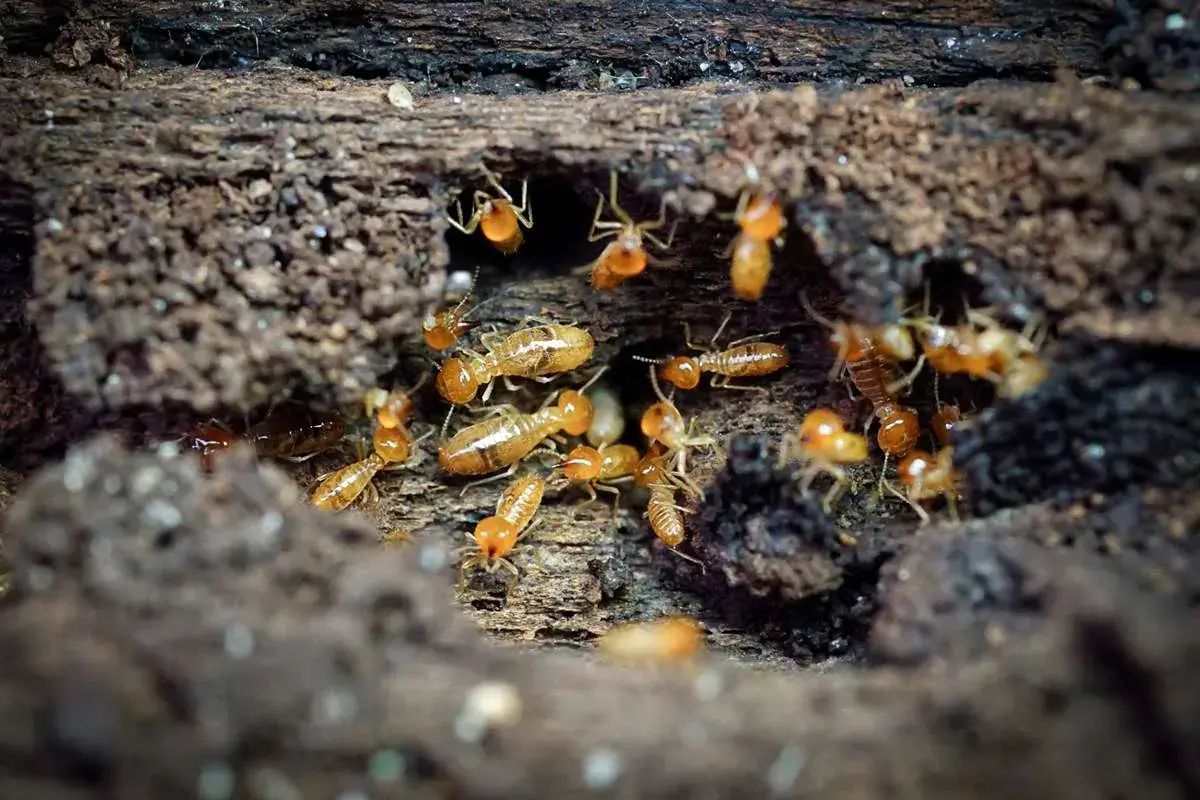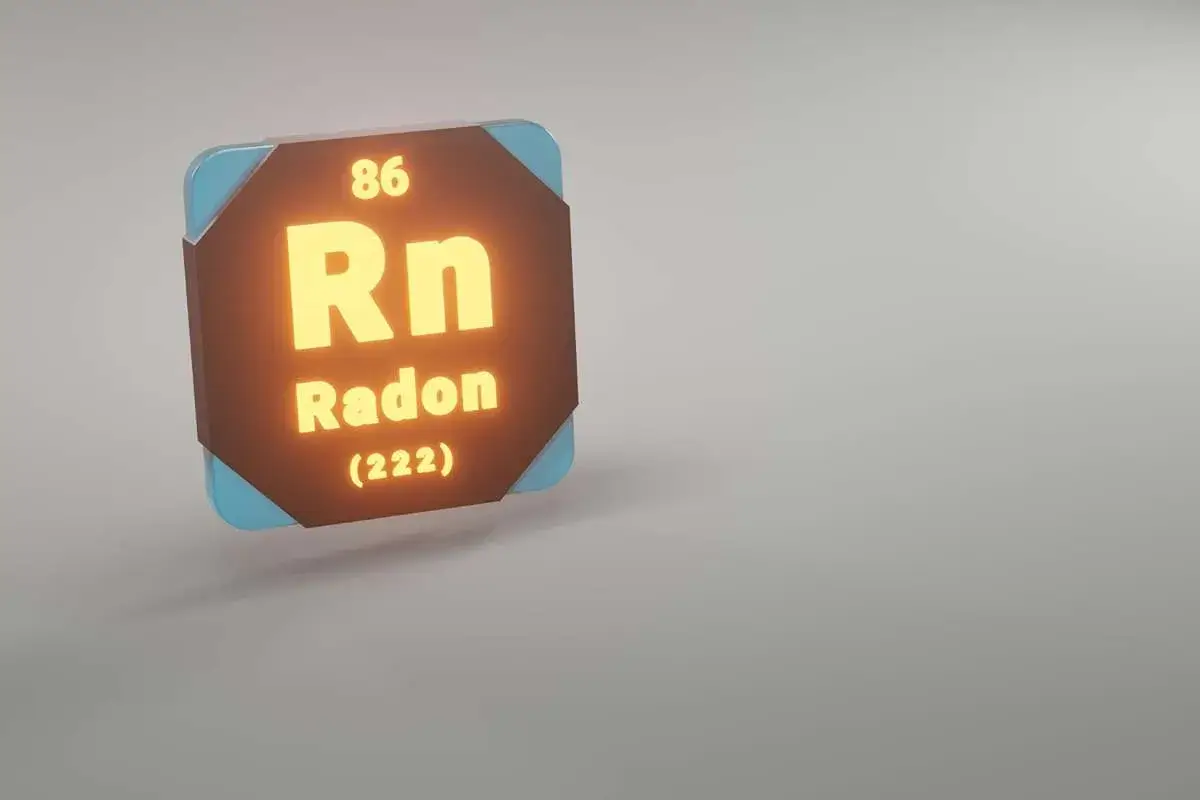When people think about home safety, they often picture locks on doors or smoke detectors…
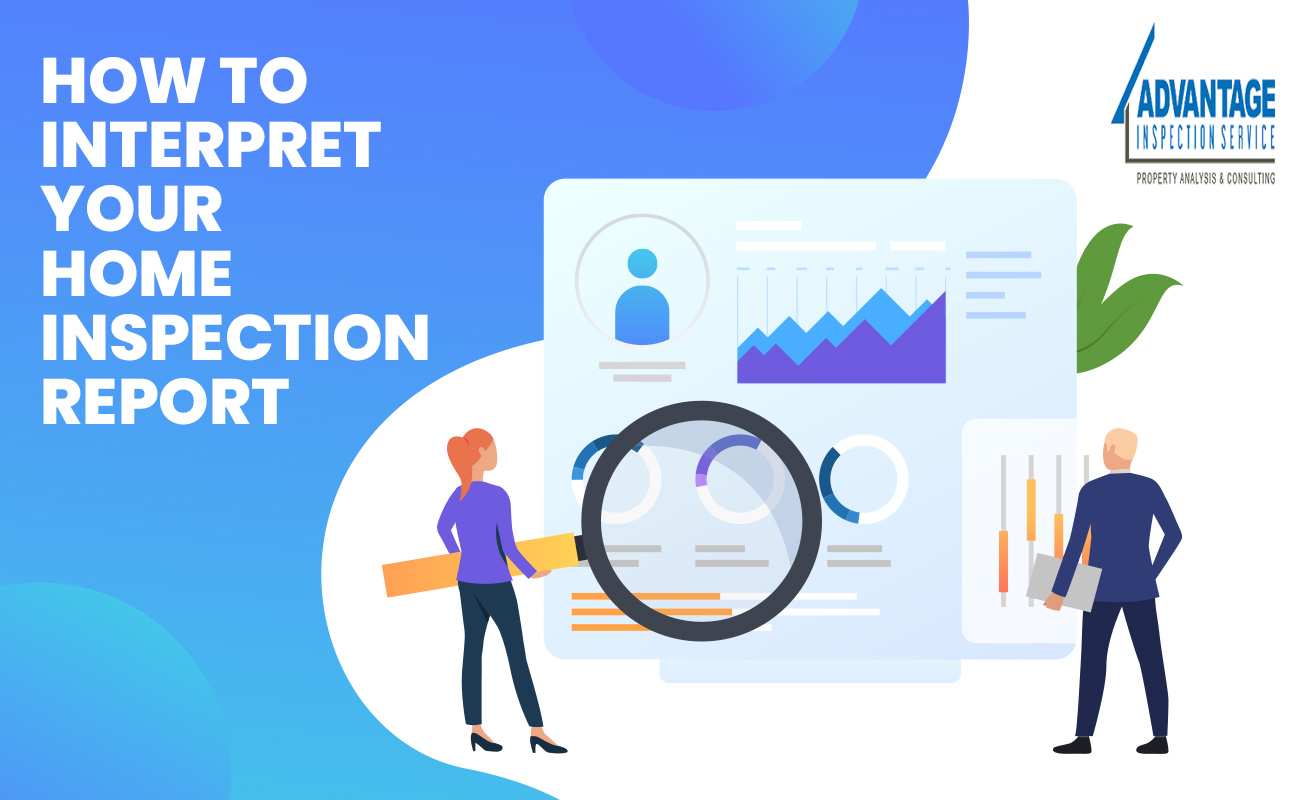
The Ultimate Home Inspection Checklist: Don’t Buy Without It
When making a sizable investment in a home, it’s critical to confirm that the property is in good condition. Arizona-certified home inspectors can help with this. They are qualified experts who can thoroughly inspect a property’s state, emphasizing any potential problems that can impact its worth or safety. But not every home inspector is the same, and not every inspection is as thorough as expected. This is why it’s critical to have a comprehensive home inspection checklist that covers every important aspect of a building and leaves no detail unchecked. In this blog, we’ll look at the essential components of a thorough home inspection checklist, which every buyer should have on hand.
Home’s exterior
A home’s exterior is its first line of protection against the weather, which may significantly impact how well and how much it is worth. The home can have protection from moisture, pests, and other environmental elements that can damage it over time with a well-kept exterior. Also, it might make the house look better from the outside.
During a home inspection in Arizona, an inspector will thoroughly examine the house’s exterior, looking for any indications of damage or deterioration. To do this, they will inspect the decks, patios, windows, doors, siding, roof, and other exterior features. The inspector may also search for indications of insect or pest infestations while looking for cracks, leaks, or further damage that could point to an issue.
A home inspection can discover potential issues and suggest any upkeep or repairs the house might require to keep the property’s exterior in good shape. This could involve fixing foundation or siding cracks, cleaning the gutters, replacing the roof’s deteriorated materials, etc.
Roof
The roof is one of the most critical components that should be on a checklist for a home inspection. All house needs a roof because it shields the interior from the weather and supports the structural integrity of the building.
Experienced inspectors working with home inspection companies in Phoenix, AZ, will assess the roof’s condition during a home inspection, looking for any indications of damage or deterioration. This may include examining the quality of the gutters and downspouts, looking for leaks or water damage, and inspecting the state of the shingles or other roofing components. The inspector will also assess the roof’s age and condition and any potential repair needs.
If left unchecked, a damaged or poorly maintained roof can result in several problems, like leaks, water damage, and even structural issues. As a result, it is crucial to complete the roof inspection as part of the home-buying process. If problems are found, the buyer has two options: negotiate with the seller for fixes or replacements, or add the cost to their overall budget.
A home inspection can provide essential details about the general health of the property in addition to pinpointing any roof issues. A well-kept roof is a good sign that the previous owner maintained the house regularly to keep it in good shape.
Plumbing
The plumbing system is one of the essential factors that should be on the house inspection checklist.
Every home needs a plumbing system since it permits wastewater disposal and provides water for drinking, cooking, and cleaning. A skilled inspector will carefully examine the plumbing system as part of a home inspection, looking for any indications of leaks, obstructions, or other problems.
The inspector will inspect the plumbing system’s pipes, fixtures, and appliances, including sinks, toilets, showers, and water heaters. They will also assess the plumbing system’s overall age and condition and the quality of the water supply and drainage.
If they find any problems, the buyer can negotiate with the seller to get them fixed or include the cost of repairs in their purchasing budget. Instead, if the plumbing system is in good shape, it can provide the buyer peace of mind and ensure that the house is a wise investment.
A damaged or poorly maintained plumbing system can cause several problems, such as leaks, water damage, and even health risks if the water supply is contaminated. As a result, it is essential to have the plumbing system carefully assessed when purchasing a home.
Electrical
The house’s electrical system is one of the most critical factors. When looking to buy a house, electrical should be on the checklist for the home inspection.
Any potential risks or problems that might need fixing or upgrading can be found with a thorough electrical system inspection. Before buying the house, finding and fixing any electrical issues is essential because they can result in fires and other dangerous circumstances.
An experienced electrician who can carefully inspect the wiring, switches, outlets, and other system components should perform the electrical inspection. The electrician can also ensure that the grounding, circuit breakers, and electrical panel are all in good shape and working correctly.
The electrician can also assess the electrical system’s capacity to determine whether it is capable of meeting the needs of the house. This is crucial because an obsolete or inadequate electrical system may need modification to support contemporary devices and appliances.
The existence of any electrical code violations is another crucial factor. These violations may result in fines; in rare circumstances, they may even make the home uninhabitable. Hence, before completing the house transaction, it is essential to identify and address any code violations.
HVAC
There are several things to think about when preparing to purchase a home. The HVAC system should be one of the critical elements on your checklist. Heating, ventilation, and air conditioning are referred to as HVAC. It is in charge of ensuring that the air within the house is clean and healthy. A properly working HVAC system is necessary for you and your family to live in a healthy and pleasant environment.
An HVAC system is a complex network of components that cooperate to keep your home’s temperature and air quality at an acceptable level. These elements include the thermostat, ducting, air conditioner, and furnace. During an inspection, the inspector will examine the HVAC system to ensure it operates correctly and spot any potential problems.
The HVAC system should be on your home inspection checklist for several reasons. First of all, repairing or replacing HVAC systems can be expensive. If it isn’t working correctly, the cost of fixing the system might be hundreds of dollars. An inspector can find any problems with the system during a home inspection, allowing you to discuss repairs or replacements with the seller before finalizing the transaction.
Second, a faulty HVAC system might affect the air quality within your house. Health concerns may result from this, especially for those who have allergies or respiratory problems.
Finally, a well-maintained HVAC system can improve your home’s energy efficiency. This may result in lower energy costs and cozier living conditions. A home inspection can help you find any problems with the system that might affect its performance and assist you in making well-informed decisions regarding upgrades or repairs.
